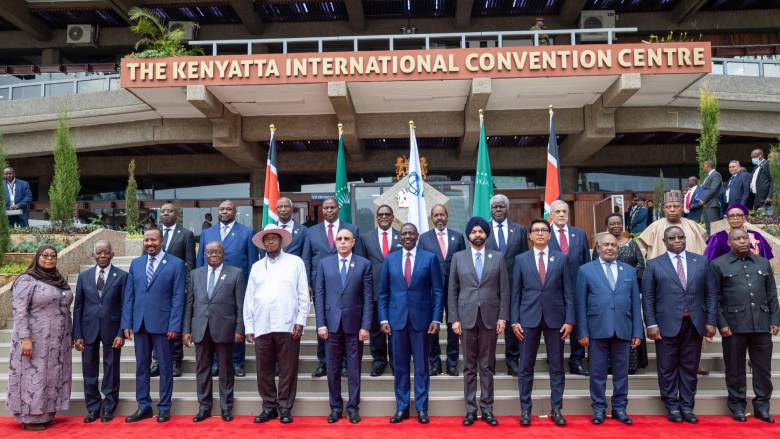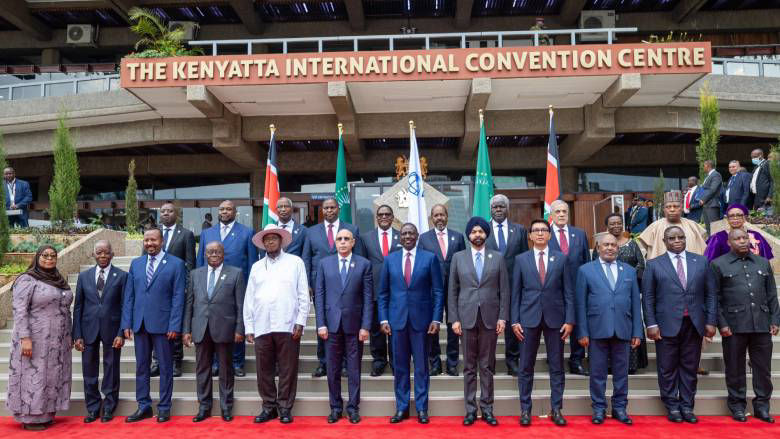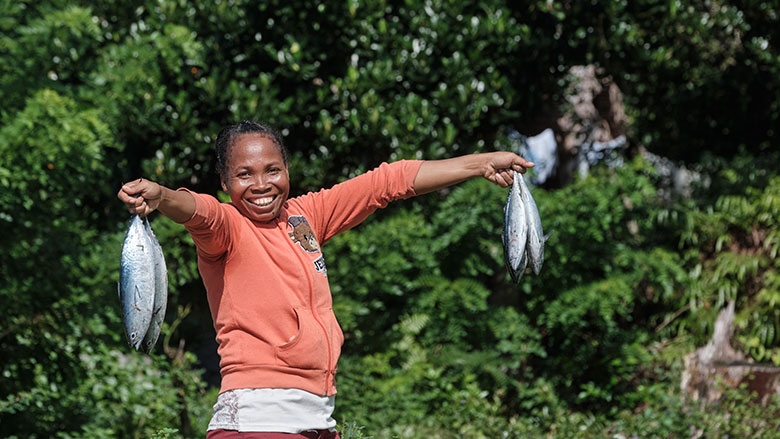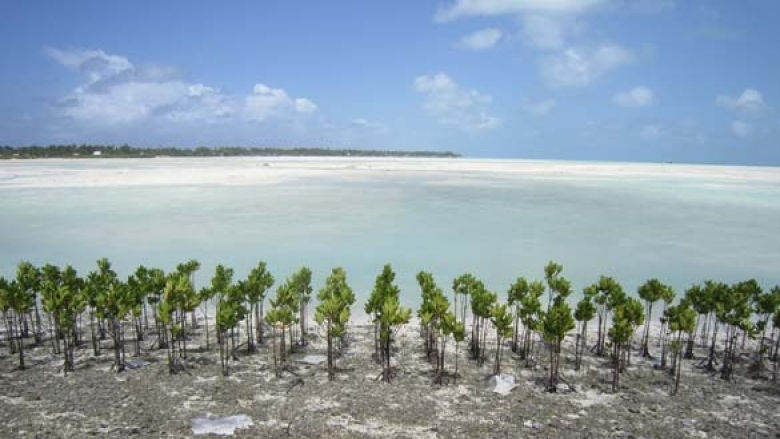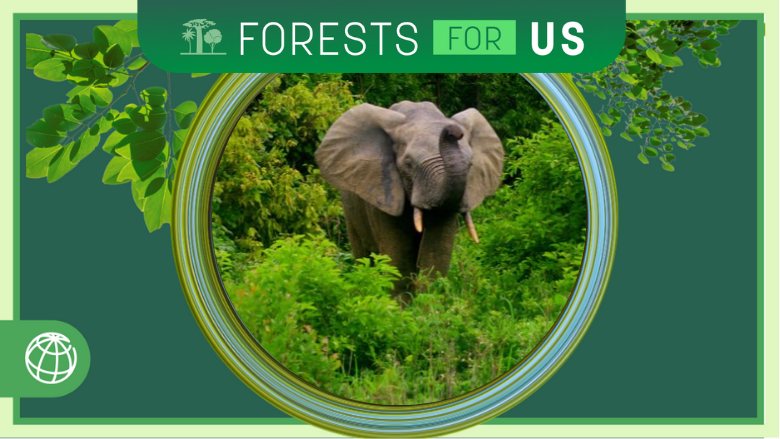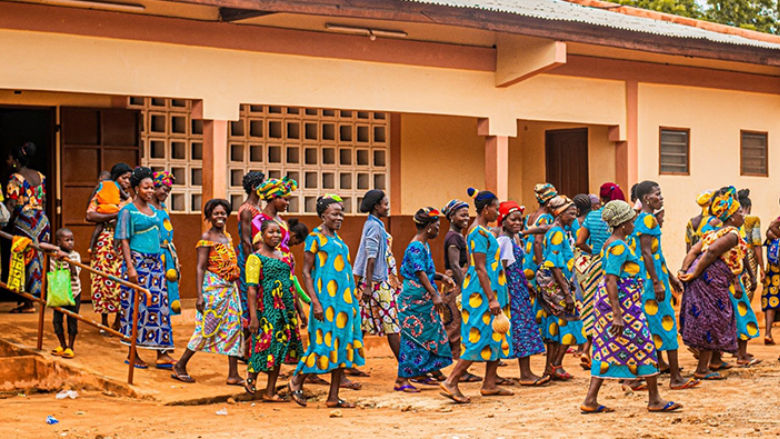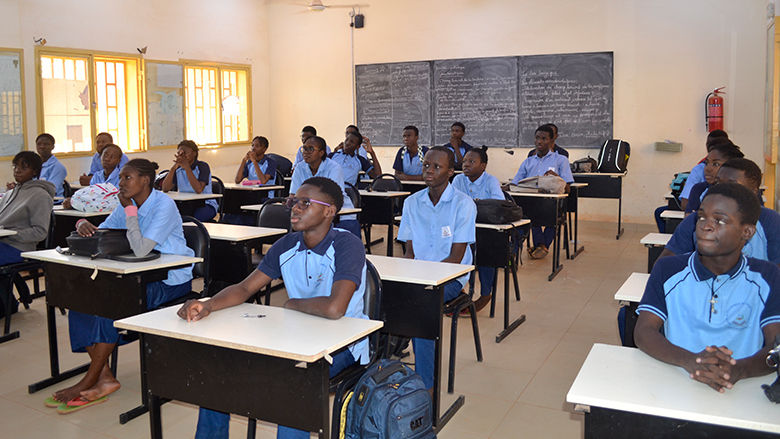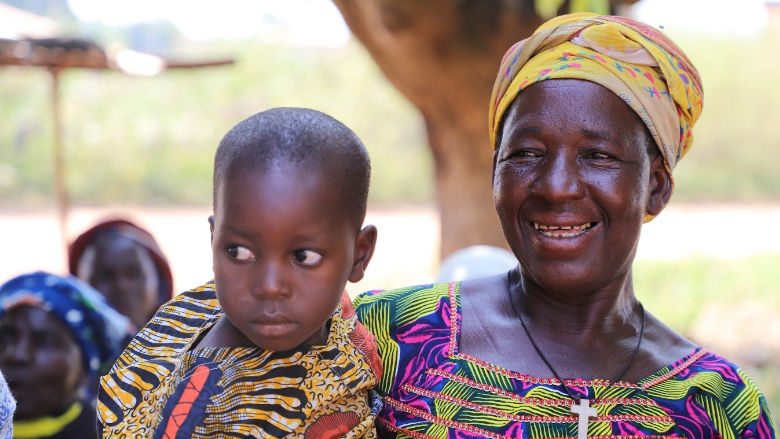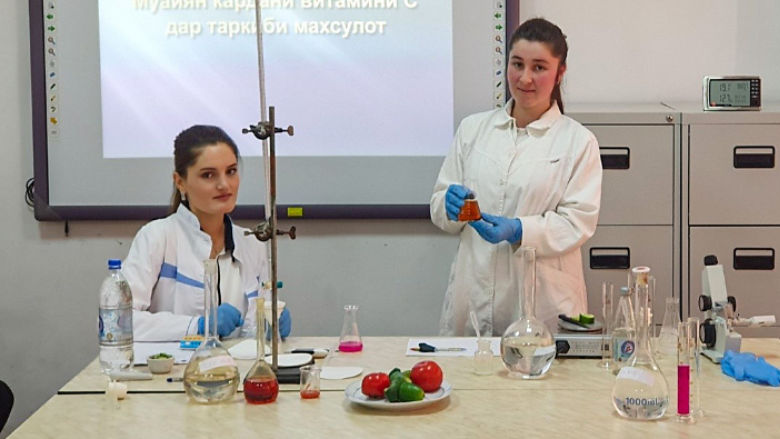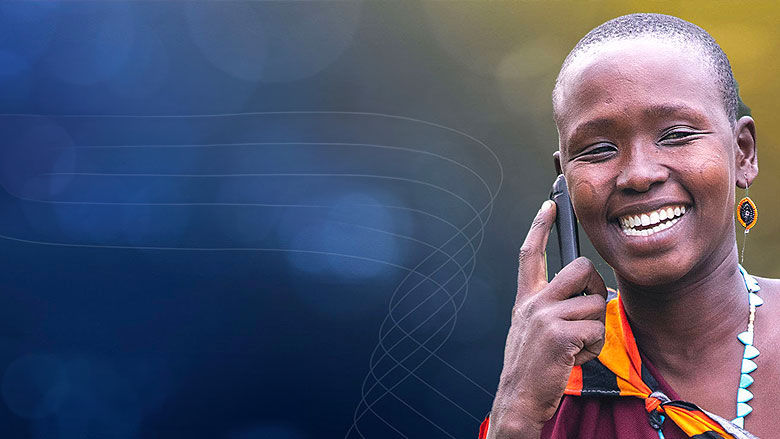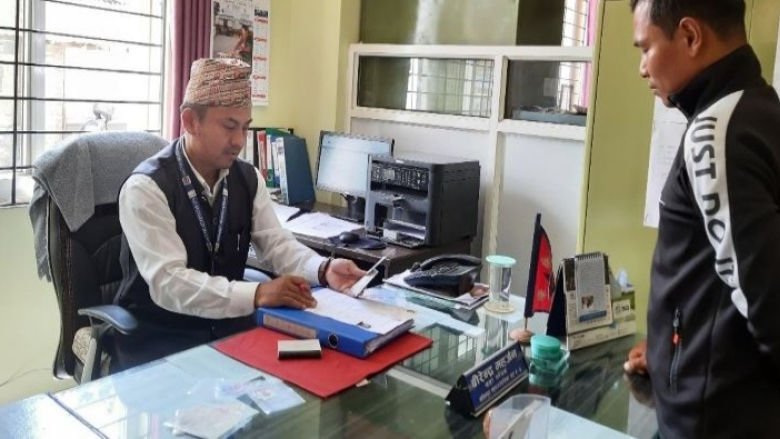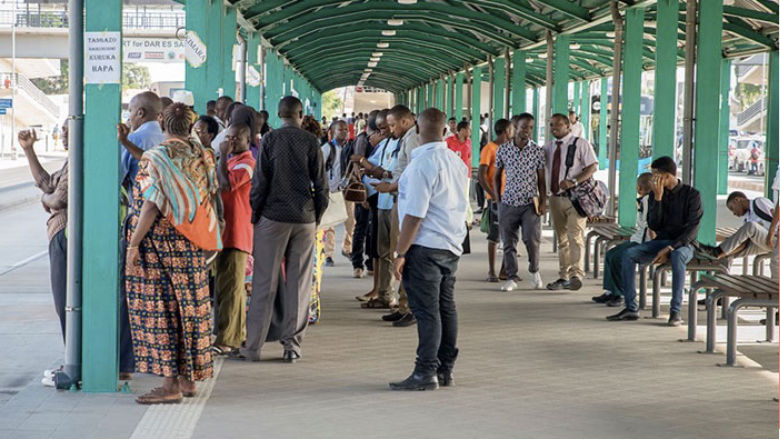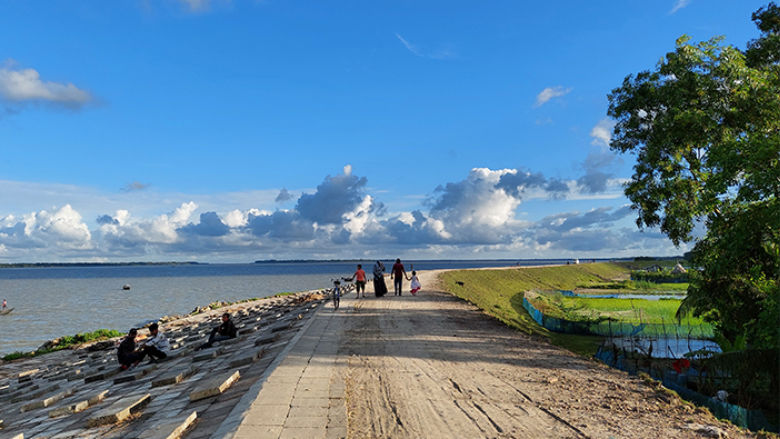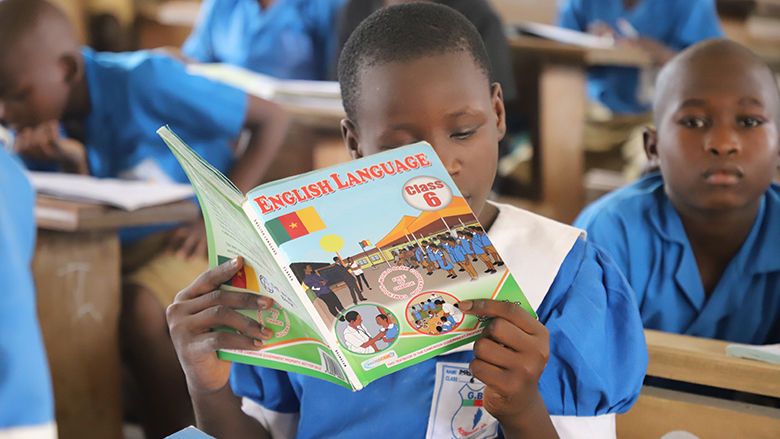In a historic show of unity, 19 African Heads of State assembled at a major summit committed to focusing development aspirations across the continent. This ambitious agenda, aiming to dramatically improve lives and create new opportunities, positions the World Bank's International Development Association (IDA) as a cornerstone for success. The summit witnessed the birth of a significant partnership—a coalition uniting civil society, foundations, the private sector, and young people. The new coalition will champion a robust and ambitious replenishment of IDA's resources, fueling Africa's development engine. (Feature | Summary of Communique)
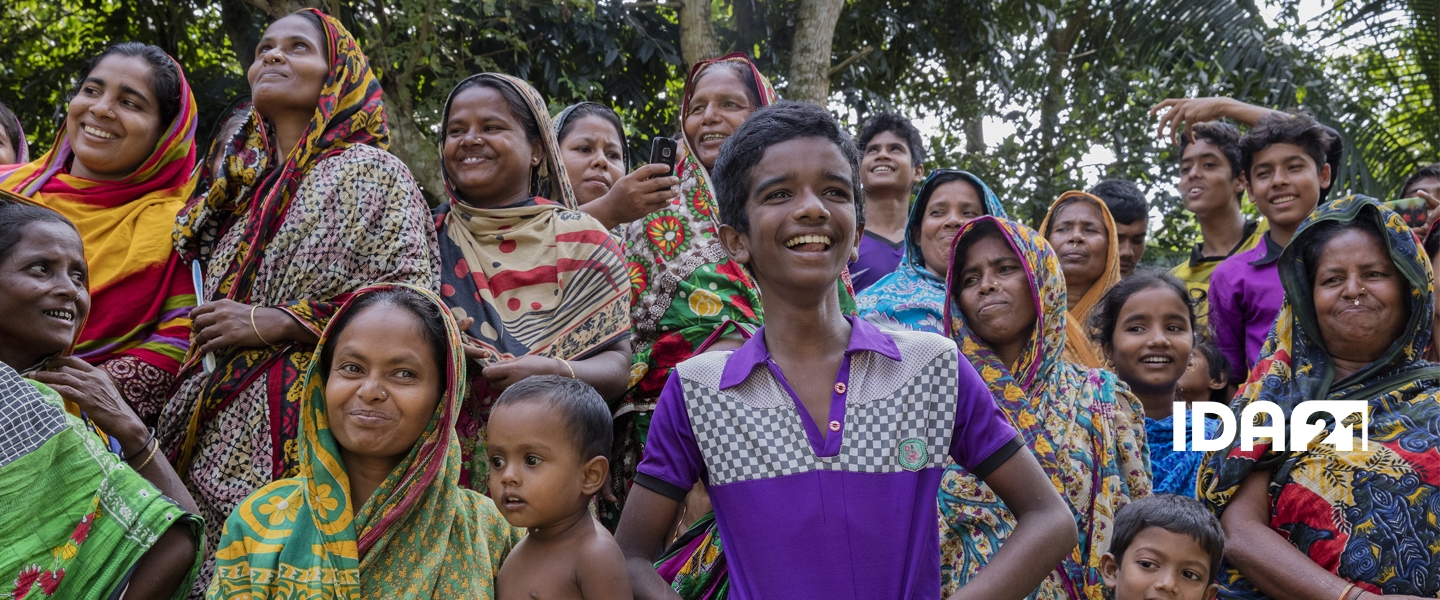
“We are united by a shared vision for the future of Africa—a continent rich in diversity, culture, and potential, thanks to its young people and natural resources. The International Development Association has been a steadfast partner in Africa's development journey, and this summit symbolizes our collective commitment to accelerating progress."
Ajay Banga
World Bank Group President
IDA for Africa Heads of State Summit, Nairobi, Kenya, April 29, 2024
Donors meet every three years to replenish IDA resources and review its policy framework. Officials from the donor governments (known as “IDA Deputies”) and representatives of borrowing member countries ensure that IDA’s policy and financing frameworks are responsive to country needs and current challenges. IDA also engages with civil society organizations (CSOs), foundations and think tanks around the world when developing its policy frameworks.
Key dates:
- March 18-19, 2024: 1st IDA21 Replenishment Meeting
- April 21, 2024: 2nd IDA21 Replenishment Meeting
- June 18-21, 2024: 3rd IDA21 Replenishment Meeting
- October 28-29, 2024: 4th IDA21 Replenishment Meeting
- December 10-11, 2024: Final Pledging and Replenishment Meeting
1st Replenishment Meeting
March 18-19, 2024
Virtual
Building on the IDA20 Mid-Term Review discussions, the virtual first replenishment meeting discussed key elements of IDA’s policy framework, including grant allocation and sustainable development finance (SDFP).
2nd Replenishment Meeting
April 21, 2024
Washington D.C.
Building on the IDA20 Mid-Term Review discussions and the virtual first replenishment meeting, this meeting discussed key elements of IDA’s policy framework, including grant allocation and Sustainable Development Finance Policy (SDFP). On the finance front, management presented the possible application of Hybrid Capital and PGP to IDA.
3rd Replenishment Meeting
June 18-21, 2023
Kathmandu, Nepal
This meeting aims to discuss IDA’s approach to the focus areas agreed in March, reach agreement on the IDA21’s results measurement framework, and zoom in on IDA21’s potential key features which may include crisis preparedness, vulnerability, and the SimplifIDA initiative. The meeting will also discuss the demand and financing framework for IDA21 resources, proposed financial architecture, and financing scenarios.
4th replenishment
October 28-29, 2024
Washington D.C.
This meeting aims to finalize the policy package to be captured in a draft Deputies Report and agree on the IDA21 updated operational and financing framework based on the discussions from the 2nd replenishment meeting. As has been practice, the first draft of the IDA21 Deputies Report will be provided for this meeting as well.
Pledging Meeting
December 10-11, 2024
Location: TBD
During this meeting, where we will seek endorsement of the final draft of the IDA21 Deputies Report, conduct pledging of donor contributions, and conclude the replenishment negotiations. The final draft of the Deputies Report will be circulated prior to the meeting.
- Why should the World Invest in IDA? (PDF)
- How does the IDA Hybrid Financial Model work? (PDF)
- An Introduction to Capital Adequacy in IDA’s Hybrid Financial Model
- Everything You Need to Know About IDA (PDF)
- IDA for Africa: Heads of State Summit, April 29, 2024
- Summary of the Joint Nairobi IDA Communique, April 29, 2024
- African Leaders Unveil Bold Transformation Agenda at Summit, Backed by Powerful New Coalition, April 29, 2024
- Sheku Sambadeen Sesay of Sierra Leone is the Independent Co-chair for the International Development Association's (IDA) 21st replenishment meetings, December 4, 2023
- Listen to Podcast: World Bank Development Finance Vice President Aki Nishio joins Rt Hon Liam Byrne MP to discuss the 21st Replenishment of IDA in the latest episode from the Parliamentary Podcast Series, published in partnership with the Parliamentary Network, the World Bank, and the IMF.
Donors meet every three years to replenish IDA resources and review its policy framework. Officials from the donor governments (known as “IDA Deputies”) and representatives of borrowing member countries ensure that IDA’s policy and financing frameworks are responsive to country needs and current challenges. IDA also engages with civil society organizations (CSOs), foundations and think tanks around the world when developing its policy frameworks.
Key dates:
- March 18-19, 2024: 1st IDA21 Replenishment Meeting
- April 21, 2024: 2nd IDA21 Replenishment Meeting
- June 18-21, 2024: 3rd IDA21 Replenishment Meeting
- October 28-29, 2024: 4th IDA21 Replenishment Meeting
- December 10-11, 2024: Final Pledging and Replenishment Meeting
Features
Results Briefs
What IDA Delivered in FY23
COVID-19 vaccine doses administered
people received essential health, nutrition, and population sevices
women and children received basic nutrition services
generation capacity of renewable energy
climate co-benefits in IDA-supported operations
net reduction in Greenhouse Gas Emissions
collecting disability data
publishing annual and timely public debt reports
collecting and analyzing geo-tagged data using digital tools
Voices
“IDA have been exceptionally at the forefront, emphasizing supporting host governments to include refugees in national systems. This has been done through real, meaningful tangible action, backed by significant financial resources.”
"Since the beginning of Yemen’s war, IDA has supported the Social Fund for Development in protecting millions of Yemenis from famine, while creating tens of thousands of sustainable jobs."
"IDA is an increasingly important source of sustainable financing to help ensure that the most vulnerable are not forgotten amid climate disasters, conflict and public health emergencies."

